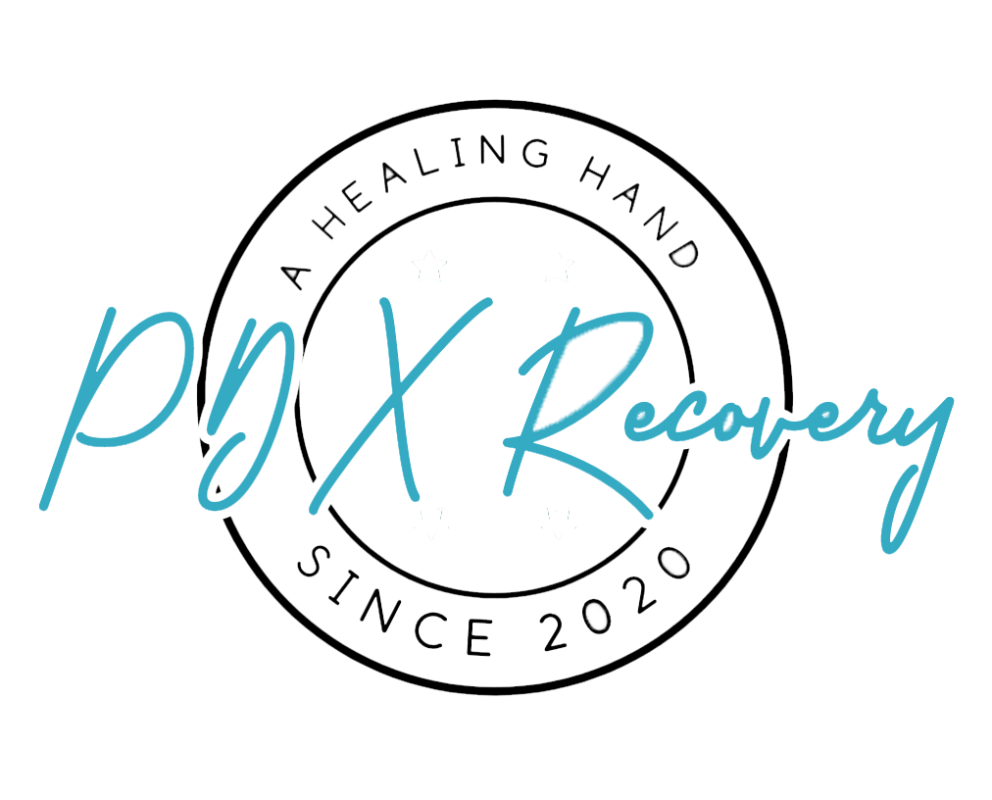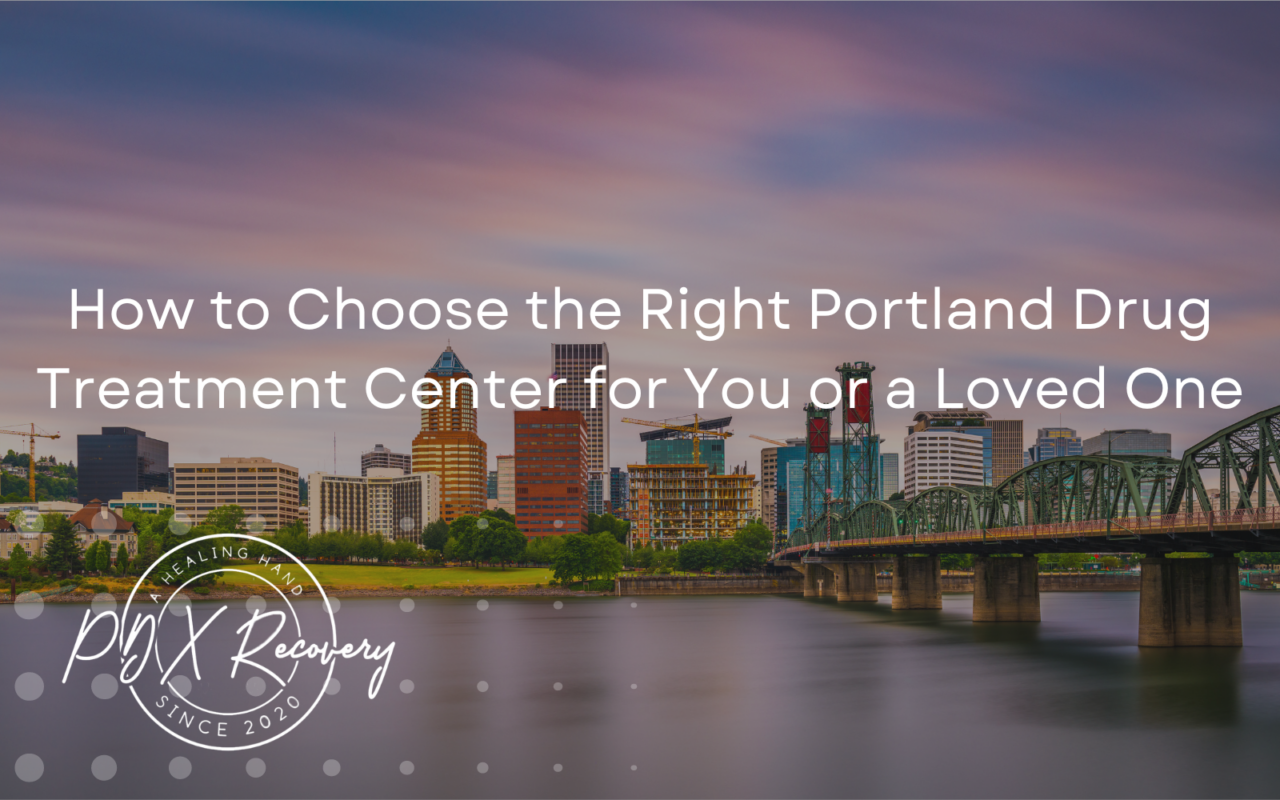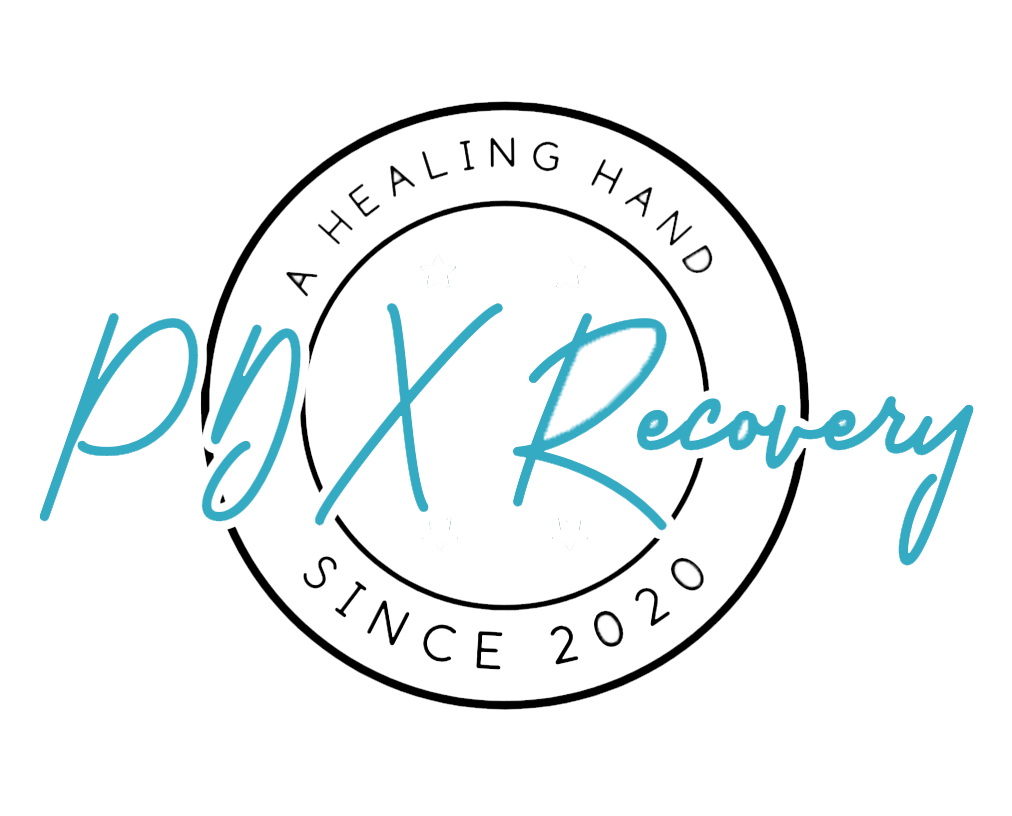Choosing the right drug treatment center can be a life-changing decision for you or a loved one. This decision becomes even more critical in Portland, Oregon, where drug addiction rates are concerningly high. In this blog post, we will walk you through everything you need to know to make an informed choice. From understanding drug addiction to evaluating various treatment options at a Portland drug treatment center, you’ll find valuable insights to guide you on this challenging yet hopeful path.
Why Choosing the Right Drug Treatment Center Matters
The first step towards recovery begins with choosing the right treatment center. A well-suited facility, like a Portland drug treatment center, can provide the necessary support, therapies, and environment to foster recovery. Conversely, a mismatch can lead to setbacks and frustration, making the road to sobriety even more daunting. Therefore, investing time and effort into selecting the right center is crucial for long-term success.
The Rising Tide of Drug Addiction in Portland, Oregon
Portland, like many other cities, is grappling with a rising issue of drug addiction. The city has seen an increase in the abuse of substances such as opioids, methamphetamines, and alcohol. This growing crisis underscores the urgent need for effective treatment options. Understanding the scope of the problem is the first step in tackling it head-on.
Understanding Drug Addiction
What is Drug Addiction?
Drug addiction is a chronic disease characterized by compulsive drug seeking and use despite harmful consequences. It affects the brain’s reward system, making it difficult for individuals to resist the urge to consume drugs. Over time, this leads to tolerance, dependence, and severe health issues.
Common Drugs Abused in Portland
In Portland, the most commonly abused drugs include opioids, methamphetamines, and alcohol. Opioids, both prescription and illicit, are particularly problematic due to their high potential for addiction and overdose. Methamphetamines are also prevalent, often leading to severe mental health issues. Alcohol remains a widespread issue, contributing to numerous health and social problems.
Consequences of Drug Addiction
The consequences of drug addiction are far-reaching, affecting both physical and mental health in profound ways. Physically, addiction can lead to serious health issues such as organ damage, a weakened immune system, and an increased risk of contracting infectious diseases. Long-term use can deteriorate vital organs like the heart, liver, and kidneys, making recovery more challenging. Mentally, drug addiction can cause severe psychological problems, including anxiety, depression, and cognitive impairments that interfere with daily functioning. These mental health issues can result in a diminished quality of life, strained relationships, and difficulties in maintaining employment or education. The ripple effects of addiction extend beyond the individual, impacting families, communities, and healthcare systems.
Types of Drug Treatment Centers
Inpatient vs Outpatient Treatment Centers
When considering treatment options, it’s essential to understand the difference between inpatient and outpatient treatment centers. Inpatient treatment requires patients to stay at the facility for the duration of their treatment. This provides a structured environment and constant supervision but may require significant time away from daily responsibilities. On the other hand, outpatient treatment allows individuals to live at home while attending scheduled treatment sessions. This option offers more flexibility but may lack the intensive support found in inpatient settings. Whether you choose inpatient or outpatient care, finding the right Portland drug treatment center is crucial for effective recovery.
Pros and Cons of Each Option
Inpatient Treatment
Pros:
Continuous care and supervision: Patients receive 24/7 medical and emotional support, ensuring immediate assistance when needed. This includes regular health monitoring, medication management, and compassionate counseling to address both physical and mental well-being.
Structured environment: A highly organized routine helps patients establish healthy habits and focus on recovery. This structured approach ensures that daily activities are predictable and supportive, reducing stress and providing a stable foundation for making positive lifestyle changes.
Isolation from triggers and temptations: Being in a controlled setting significantly reduces the risk of encountering substances or situations that could hinder progress. This controlled environment provides a safe haven where individuals can focus on their recovery without the constant worry of facing distractions or relapse-inducing scenarios.
Cons:
Higher cost: Inpatient treatment can be more expensive due to the comprehensive care and facilities provided. This includes round-the-clock medical supervision, access to specialized medical equipment, and various therapeutic services that are often not available in outpatient settings.
Time away from work or family: Patients may need to take a leave of absence from their job, which could impact their career progression. Additionally, they might spend extended periods away from loved ones, leading to feelings of isolation and affecting family dynamics.
Limited personal freedom: The structured environment and constant supervision may restrict personal autonomy and daily choices, making it difficult for individuals to exercise independence and make decisions about their own lives. This can lead to feelings of confinement and frustration over time, as personal preferences and spontaneity are often curtailed.
Outpatient Treatment
Pros:
Flexibility to maintain daily routines: Patients can continue with work, school, and other responsibilities without significant disruption. This allows them to manage their health while still fulfilling their personal and professional commitments, ensuring a balanced and productive lifestyle.
Lower cost: Outpatient programs are generally more affordable than inpatient treatments, as they do not require the additional expenses of overnight stays and extensive facility resources. This makes them a more accessible option for many individuals seeking treatment.
Support from family and friends: Being at home allows for a strong support network from loved ones, who can provide emotional encouragement and practical assistance during challenging times.
Cons:
Less intensive supervision: Patients do not receive 24/7 monitoring and support from medical professionals, which means they have more independence but also need to be more self-reliant in managing their condition. This can involve periodic check-ins and relying on remote communication for guidance.
Potential exposure to triggers: Staying in their usual environment may increase the risk of encountering substances or situations that could trigger a relapse. This could include familiar places, people, or routines that are associated with past use, making it more challenging to maintain sobriety.
Requires strong personal commitment: Success in outpatient programs heavily relies on the individual’s dedication and self-discipline. Participants must be proactive in attending sessions, following treatment plans, and making necessary lifestyle changes to support their recovery journey. Without consistent effort and a positive attitude, achieving desired outcomes can be challenging.
Residential Treatment Centers
Residential treatment centers offer a middle ground between inpatient and outpatient care. Facilities at a Portland drug treatment center provide a home-like environment, round-the-clock care, and structured programs designed to support long-term recovery. Residents benefit from continuous supervision, structured daily activities, and a supportive community of peers.
Choosing the Right Treatment Center for You or Your Loved One
Assessing Your Needs and Expectations
When choosing a Portland drug treatment center, it’s essential to assess your specific needs and expectations. Consider the type and severity of addiction, any co-occurring mental health disorders, and personal preferences and beliefs. This initial assessment will help narrow down the options and ensure that the chosen center aligns with your unique situation.
Researching Different Treatment Centers in Portland
Once you have a clear understanding of your needs, it’s time to research different Portland drug treatment centers. Look for facilities with proper accreditation and certifications, as these indicate adherence to high standards of care. Investigate the treatment approaches and therapies offered, ensuring they align with your needs and preferences. Finally, read reviews and testimonials from former patients to gauge the center’s success rates and overall reputation.
Additional Factors to Consider
Location
Choosing a Portland drug treatment center can be beneficial for local individuals due to the proximity to family, friends, and familiar surroundings, which can provide an essential support network during recovery. The convenience of being close to home also means easier access to follow-up care and outpatient services. However, for some, seeking treatment away from their immediate environment may offer a fresh start and fewer distractions, allowing them to focus entirely on their recovery journey. Being in a new setting can also help individuals break free from negative influences and routines that contributed to their substance use, making it easier to establish healthier habits and a more positive mindset.
Cost of Treatment
The cost of treatment is a significant consideration. Many centers accept insurance, but it’s essential to understand what is covered and what out-of-pocket expenses you may incur. Additionally, explore payment options and financial assistance programs that may be available.
Amenities and Facilities
The amenities and facilities offered at a treatment center can greatly impact your overall experience. Look for centers that provide comfortable living arrangements, access to recreational activities, and holistic approaches to recovery, such as yoga, meditation, and art therapy.
Family Involvement and Support
Family involvement and support can play a crucial role in the recovery process. The emotional and psychological backing from family members often provides the encouragement and stability that individuals in recovery need. Many Portland drug treatment centers offer structured family therapy sessions and support groups designed to help loved ones understand the complexities of addiction. These sessions also educate families on effective ways to support the recovery process, fostering a more supportive home environment. Additionally, family involvement can help repair relationships that may have been strained by addiction, creating a stronger network of support for the individual in recovery.

Seeking Professional Help
Consulting with a Medical Professional
Before making a final decision, it’s essential to consult with a medical professional or addiction specialist. They can provide valuable insights and recommendations based on your specific needs and circumstances. Their expertise can guide you towards the right Portland drug treatment center and ensure that you receive the most appropriate care.
How Professionals Can Help
Medical professionals can help assess the severity of addiction, identify any co-occurring mental health disorders, and recommend the best treatment options. Their guidance can be invaluable in navigating the complex landscape of addiction treatment and ensuring a successful recovery.
About PDX Recovery
Choosing a Portland drug treatment center is a crucial step in the journey to recovery for yourself or a loved one. At PDX Recovery, we understand the importance of finding a facility that offers a safe and supportive environment tailored to individual needs. Here are some key factors to consider when selecting a treatment center:
- Safe and Supportive Environment: Ensure the center provides a secure and respectful atmosphere where individuals can feel supported throughout their recovery journey. At PDX Recovery, we prioritize creating a nurturing space for healing.
- Comprehensive Care Options: Look for a facility that offers flexible treatment options, catering to those needing round-the-clock care as well as those managing daily responsibilities. Our programs at PDX Recovery are designed to support both full-time and part-time care requirements, making it easier for working professionals to receive the help they need without compromising their job.
- Holistic Approach: A holistic approach to treatment is essential for fostering positive behavior changes. Our focus on holistic healing nurtures the body, mind, and spirit, addressing the underlying issues fueling substance abuse. This comprehensive approach helps individuals and families achieve lasting recovery.
- Client-Centered and Evidence-Based Treatments: It’s important to choose a center that takes a client-centered approach, offering personalized care based on proven methods. At PDX Recovery, we integrate evidence-based treatments with complementary therapies like massage and acupuncture to promote overall balance and well-being.
- Experienced and Compassionate Staff: The right treatment center should have a team of experienced and compassionate professionals dedicated to supporting individuals in their recovery journey. Our staff at PDX Recovery is committed to providing guidance, understanding, and the highest level of care.
At PDX Recovery, we are dedicated to helping individuals feel supported, understood, and guided towards lasting recovery. By considering these factors, you can make an informed decision and choose a treatment center that aligns with your needs and goals. Join us at PDX Recovery to begin your journey towards freedom and healing.
Care for You or Your Loved Ones
Choosing the right Portland drug treatment center is a critical step towards recovery. By understanding the different types of treatment centers, assessing your needs, and conducting thorough research, you can make an informed decision that sets you or your loved one on the path to sobriety. Remember, seeking help is a sign of strength, and recovery is possible with the right treatment, dedication, and support. Take the first step today and explore the options available at a Portland drug treatment center that best meets your needs. For more information visit our website https://pdx-recovery.com/ or call us at (971) 256-9087.






